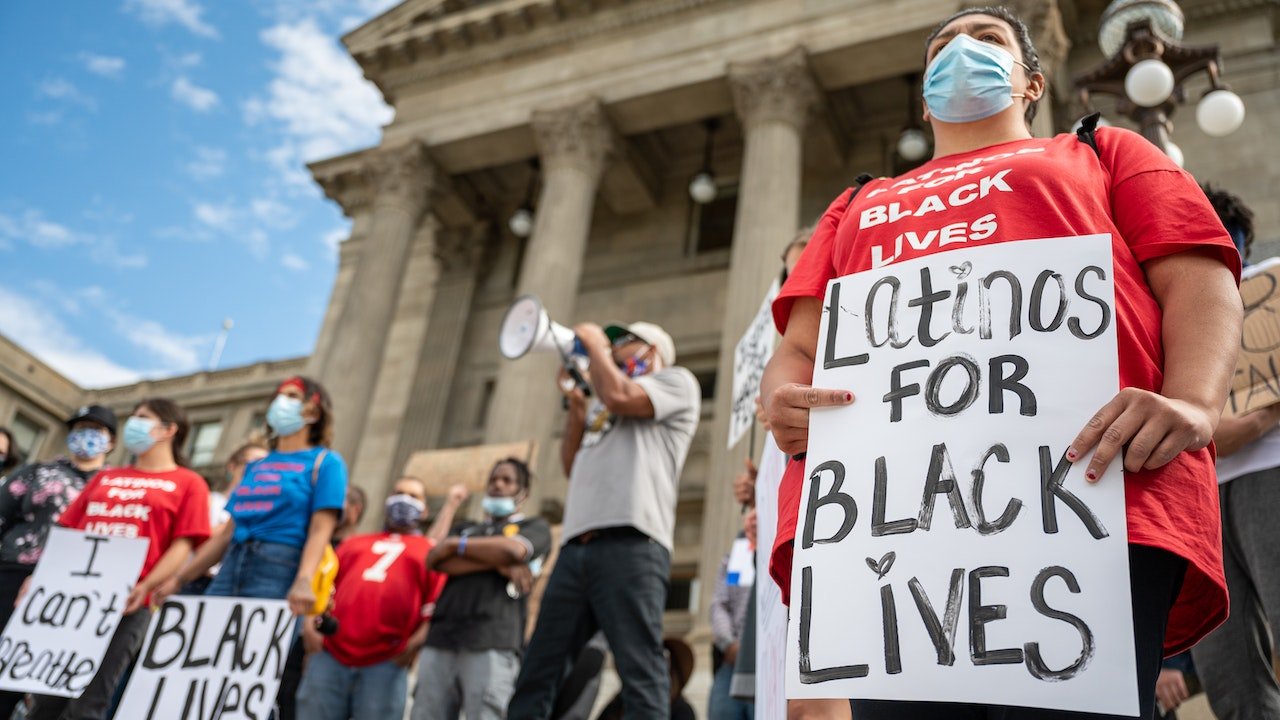Civil Rights Laws and Housing Discrimination: Breaking Barriers 2023


Historical Perspective
It is crucial to comprehend the historical backdrop in order to fully appreciate the importance of civil rights laws with regard to housing discrimination. When looking for housing possibilities throughout history, marginalized communities—like racial and ethnic minorities—have experienced systematic exclusion and discriminatory practices. These actions restricted access to secure and reasonably priced housing and continued segregation and inequality.
The 1968 Civil Rights Act
The Civil Rights Act of 1968 was passed in response to the urgent need for reform. This act, often known as the Fair Housing Act, was a major victory in the struggle against discrimination in housing. It attempted to end discriminatory actions based on national origin, race, color, religion, sex, and other factors.
1988 Fair Housing Amendments Act
The Fair Housing Amendments Act of 1988 enlarged the list of protected classifications to include disability and familial status, building on the framework established by the Fair Housing Act. This amendment emphasized the significance of providing families with children and people with disabilities with fair housing opportunities.
Classes Protected by the Fair Housing Act
Individuals are shielded from discrimination under the Fair Housing Act based on a variety of traits or participation in particular groups. Race, color, religion, sex, national origin, handicap, and familial status are among the protected classifications. It is important to remember that in addition to the protections offered by the federal Fair Housing Act, state and municipal laws may also offer additional safeguards.
Prohibited Behaviour
Certain forms of discrimination in the housing industry are expressly forbidden by the Fair Housing Act. The refusal to buy or rent a home, the imposition of different terms or conditions based on protected traits, and the use of discriminatory advertising or guiding practices are examples of these practices. Additionally, it covers unfair practices in lending, appraisals, and the delivery of real estate services.
Read More: Understanding Civil Rights Laws: A Comprehensive Guide 2023
Discrimination in housing and Redlining
Redlining is a notable example of housing discrimination that has existed in the past. Redlining was the practice of denying services or credit to particular groups or neighborhoods, primarily according to their racial or ethnic makeup. Redlining was formally outlawed, but its effects are still felt today, limiting prospects for marginalized people to find housing.
Penalties and Enforcement
The Fair Housing Act needs strong enforcement mechanisms to be followed. When it comes to looking into complaints and prosecuting offenders, the Department of Housing and Urban Development (HUD) is crucial. Housing discrimination complaints can be filed with HUD, and investigations may lead to mediation, administrative hearings, or civil lawsuit. Penalties, fines, and other legal repercussions may be imposed on those who violate the Fair Housing Act.
Housing and Urban Development’s (HUD) Function
HUD is a government organization tasked with combating housing discrimination and promoting fair housing practices. HUD supports local agencies and organizations fighting housing discrimination with funds, resources, and advice. HUD is essential in removing obstacles and promoting equal housing possibilities through its enforcement activities, instructional programs, and funding for community-based programs.
Increasing opportunities for equal housing
Housing discrimination is actively fought against by countless advocacy groups and organizations. They concentrate on increasing awareness, offering instruction and training, carrying out research, and campaigning for legislative changes to make the housing market more equal. In order to make progress, it is essential that governmental organizations, organizations, and community groups work together.
Defeating Housing Discrimination: Challenges
Despite the existence of civil rights laws and ongoing initiatives, housing discrimination is still a problem. A lack of resources, implicit bias, and ignorance impede efforts to end discriminatory practices. Additionally, prejudice is changing and presenting new problems that need creative solutions, including online housing platforms.
Increasing Awareness and Support
Driving change requires increasing public awareness of housing discrimination. To empower people with an understanding of their rights, encourage reporting of discrimination events, and advance a culture of fair housing practices, education and advocacy initiatives are crucial. A more inclusive housing environment is cultivated through grassroots campaigns, PSAs, and community outreach programs.
Read More: Religious Freedom and Civil Rights Laws 2023
Reporting Discrimination Is Important
It is essential to report instances of housing discrimination in order to rectify breaches and hold offenders accountable. People who suffer prejudice should keep a record of the incident’s specifics and file a report with the relevant agencies, such as HUD or regional fair housing organizations. Reporting makes it possible to pursue legal action and contributes to a thorough understanding of the scope and character of housing discrimination.
Achievements and Current Efforts
Significant progress has been made in the fight against housing discrimination, despite ongoing hurdles. Increased accountability and better housing access for protected classes are the results of awareness-raising and enforcement initiatives. To further eliminate discriminatory barriers, ongoing initiatives concentrate on bolstering already-existing regulations, extending protections, increasing diversity in housing, and encouraging stakeholder cooperation.
Conclusion
Housing discrimination and civil rights laws are related aspects of protecting equality and fairness in society. A legal framework is offered by the Fair Housing Act and its subsequently passed modifications to address and stop housing discrimination. Progress has been made via zealous enforcement, activism, and education, but there is still more work to be done. Fighting prejudice, spreading awareness, and developing a more inclusive and equitable housing scene are all necessary for breaking down obstacles and advancing equal housing options.
FAQs
What is prejudice in housing?
When people or groups are treated unfairly and unjustly in the housing industry due to protected traits like race, religion, or handicap, this is referred to as housing discrimination. It covers a range of actions, such as housing refusal, varying terms or conditions, discriminatory advertising, and more.
The Fair Housing Act: What Is It?
A federal statute known as the Fair Housing Act was passed in 1968 to address housing discrimination. It forbids discrimination on the grounds of racial, ethnic, religious, sexual, national origin, and familial status. It aspires to give everyone access to fair housing opportunities.
How is discrimination in housing enforced?
Investigations, conciliation, administrative actions, and civil lawsuits are some of the mechanisms used to enforce housing discrimination laws. When it comes to looking into complaints and prosecuting offenders, the Department of Housing and Urban Development (HUD) is crucial.
Redlining: What is it?
Redlining, a kind of discrimination that was once common, included denying services or credit to certain neighborhoods or communities based on their racial or ethnic makeup. Despite being formally outlawed, its impacts continue to limit marginalized people’s access to homes.
Anyone who has been the victim of housing discrimination can report it to HUD or local fair housing organizations. It is crucial to record the incident’s specifics and offer supporting documentation. Instances of discrimination should be reported so that breaches can be addressed and fair housing policies can be promoted.











